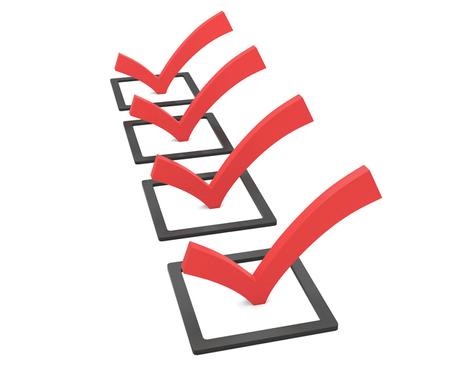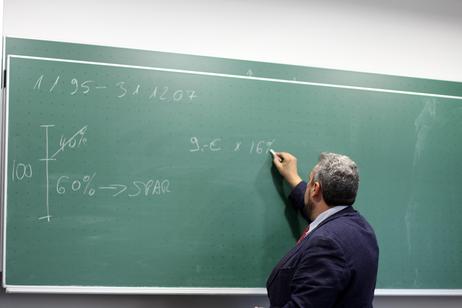Editor's note: I asked the experts at Noodle Pros to show us how to improve verbal scores on one of the most widely-used private school standardized admissions tests, the SSAT. I am most grateful to Rebecca Scott, Clarissa Constantine, Travis Chamberlain, Karen Lister, Loren Dunn, Jonathan Arak, Garrick Trapp and Neil Seltzer for their invaluable advice and expertise. ~Rob Kennedy
1. Make learning vocabulary a family competition.
Pick two to five words a day and keep track of who in the family uses the words correctly the most. Players get extra credit for using 2 or more words in one sentence. The more students can hear words in context, the better they will be able to remember the meaning. Let your child choose the prize for the week's winner. To improve reading skills, have children read short online articles to you and explain what they mean. Ask what the main idea is and ask how the main idea is supported. - Rebecca Scott, 17 Years Tutoring
2. Study root words.
You may not know what malfeasance is, but if you recognize 'mal' you'll know that it has a negative connotation - Clarissa Constantine, 18 Years Tutoring
3. Create a word journal.
You don't have to know a new word every time you hear it, but you should write it down and then create a flashcard for each word. Memory tricks are helpful. Example: The mean truck driver was feeling truculent. - Travis Chamberlain, 15 Years Tutoring



























